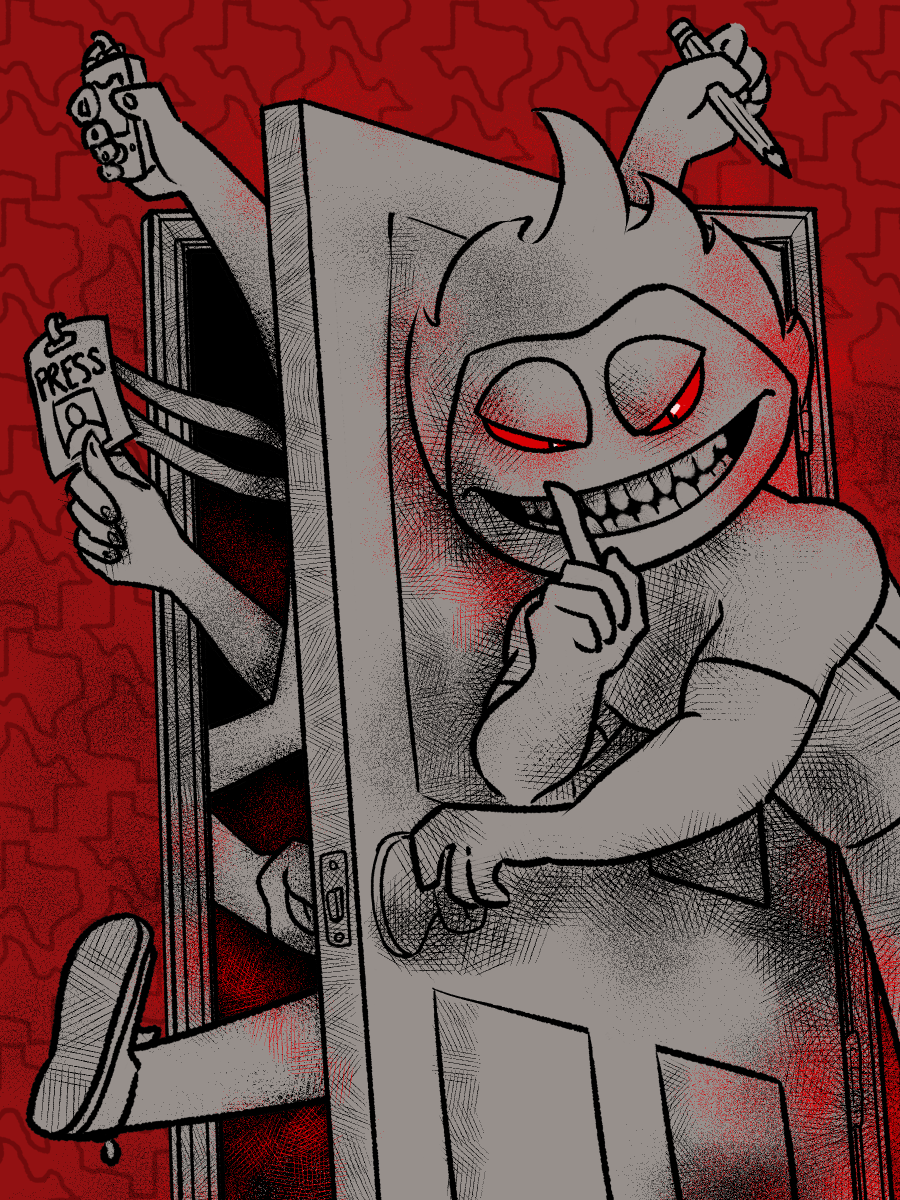Disturbing as it is, TLC’s “MILF Manor” should surprise no one, as it follows logically from the problematic themes that viewers have long supported by watching reality shows.
“MILF Manor” is as bizarre as it sounds: it is a reality series where older women visit a resort in Mexico under the premise of dating younger men, only to discover that each of the men are one of the participants’ sons. Critics have compared the absurdity of “MILF Manor” to satirical media like The Onion and have brought up its shocking plot similarity to a disgust-centered joke played on the sitcom “30 Rock.” But it is easy to forget that absurd humor like satire works precisely because it amplifies a hidden truth at the center of a story. This series is not an outlier to the genre it builds from, it logically follows from it. “MILF Manor” distills the problematic patterns that have long existed in reality television, including participants’ deep emotional baggage, a comical lack of self-awareness due either to stupidity or pure greed, clear scriptedness designed to get more views and the shallow appropriation of social justice messages.
Fans of reality shows often joke that the people who take part have serious mental issues or personality dysfunction. Media psychologists like Pamela Rutledge have pointed out that the personality profiles of reality show stars have a large overlap with the behaviors of con artists, as they often have a narcissistic need for admiration or employ deceit or manipulation to get the audience on their side. Psychologist Jamie Huysman, who directly works with people in reality TV, said that the attention addiction that participants experience is often a “symptom of a much deeper emotional problem.” Deep-seated issues are no clearer than in “MILF Manor,” where the otherwise goofy tone of the first episode is set off by a disturbing exploration of several participants’ emotional baggage.
April spent her youth raising her children and declares herself finally “ready to have fun” at 43. She doesn’t question why this romantic fun must be found with men the same age as her sons. Charlene lost her 27-year-old daughter less than a year prior to filming and is already eager to get on air. Kelle has six children from different fathers and so far, avoids talking about her past. She refers to her outgoing side as “Disco Mommy” and speaks about it as if she has some bizarre alter ego.
Then, after setting up all these women’s backstories, we get the plot twist that has disgusted viewers worldwide. These women are here to find younger men. But the men attending are each of their sons, and each mother-son pair will be sharing a room at the resort. While participants like Gabriel briefly mention feelings of discomfort, they all decide to stay.
This twist brings us to our next axiom of reality television; the “MILF Manor” participants crave attention so much that they will endure or perpetuate unethical situations just for publicity or money. Many of these women are business owners, and it seems clear that participants like Kelle are using the show for exposure. Opportunistic behavior is not new for reality TV, as the genre has a disturbing number of stars turned con artists who have faced legal trouble for exploitation or theft. This pattern includes Jen Shah from “The Real Housewives of Salt Lake City,” who victimized thousands through a telemarketing scheme, as well as Teresa and Giuseppe Giudice from “The Real Housewives of New Jersey,” who together served more than four years in prison for tax fraud. Like Rutledge said, this industry attracts a certain personality profile, and it is the kind of person who is okay with creating strong incestuous undertones so long as there is financial gain or attention on the line.
Participants have an incredible lack of self-awareness that can only be attributed to either stupidity or the desire to be famous, no matter the cost. Reality shows like “The Real Housewives” often show their actors as oblivious or inept because viewers eat it up, and “MILF Manor” makes this play too. Gabriel feels strange about dating the women there because they “all have sons,” particularly adult sons — meaning, he has a brief moment of perspective where he realizes that from the outside, the dynamic seems unethical and strange. This realization forces him to stop objectifying the women, forgo his lust and think critically about himself. Unfortunately, this uncomfortable thought is quickly cast aside. None of the participants ever connect the dots on the fact that this exactly why you should not date someone 40 years older or younger than you. You are in fundamentally different stages of life and that dynamic allows people to get taken advantage of.
But in an entertainment genre that is well known for being scripted, the contestants’ lack of self-awareness cannot be attributed solely to stupidity. “MILF Manor” is full of transparently scripted encounters and comments that keep the audience just on the edge of discomfort by maintaining the image of pseudo-incest. This ranges from a minigame where the women must feel a lineup of shirtless men to guess which one is their son to off-handed comments like Kelle shouting “who wants to sleep with their moms?” Again, despite their display of discomfort, every one of the participants chooses to stay.
The feeling of scriptedness also plays into the personae of the “MILF Manor” participants. These women are clearly intelligent, driven and professionally successful, shown by how they all achieved different careers while raising children. Despite this, when the camera is rolling, they come across as vapid and verbally inept like most reality show stars. You can blame the tequila, but it’s difficult to believe that these women would struggle to communicate basic ideas or use malapropisms left and right. Then there are participants like April, whose laughing is so forced that she seems to be in pain. Could this be a touch of discomfort slipping through the cracks?
Most entertaining is how the show shallowly brings up social justice issues in an attempt to excuse how bizarre its premise is. But just like shows like CBS’s proposed reality series “The Activist,” “MILF Manor” does not truly care about empowering women. Its sole goal is to get as many views as possible by whatever means necessary. In the first episode, an announcement cites the double standard where “an older man with a younger woman is accepted,” but the contrary is taboo. This theme attempts to portray the environment of “MILF Manor” as some sort of safe space to explore socially controversial ideas. However, it entirely misses the point that significant age gaps are suspect across the board. People taking advantage of youths is not worth defending, and glorifying these types of dynamics is not an attempt to “tip the scales.” It is greed.
Reality shows are all about appearances, and “MILF Manor” is no exception. But despite its clever use of aesthetics, it is hard to escape the truth behind this series. If we as viewers do not gain more dignity and force the reality TV industry to change, it will only continue to churn out disgusting examples of life imitating art. So please, don’t buy up their lies. Don’t take “MILF Manor” as some silly little joke. Pay attention to how disgusting it really is. Reflect on what it says about us as a consumer culture, since a studio correctly predicted that this series would get views.






